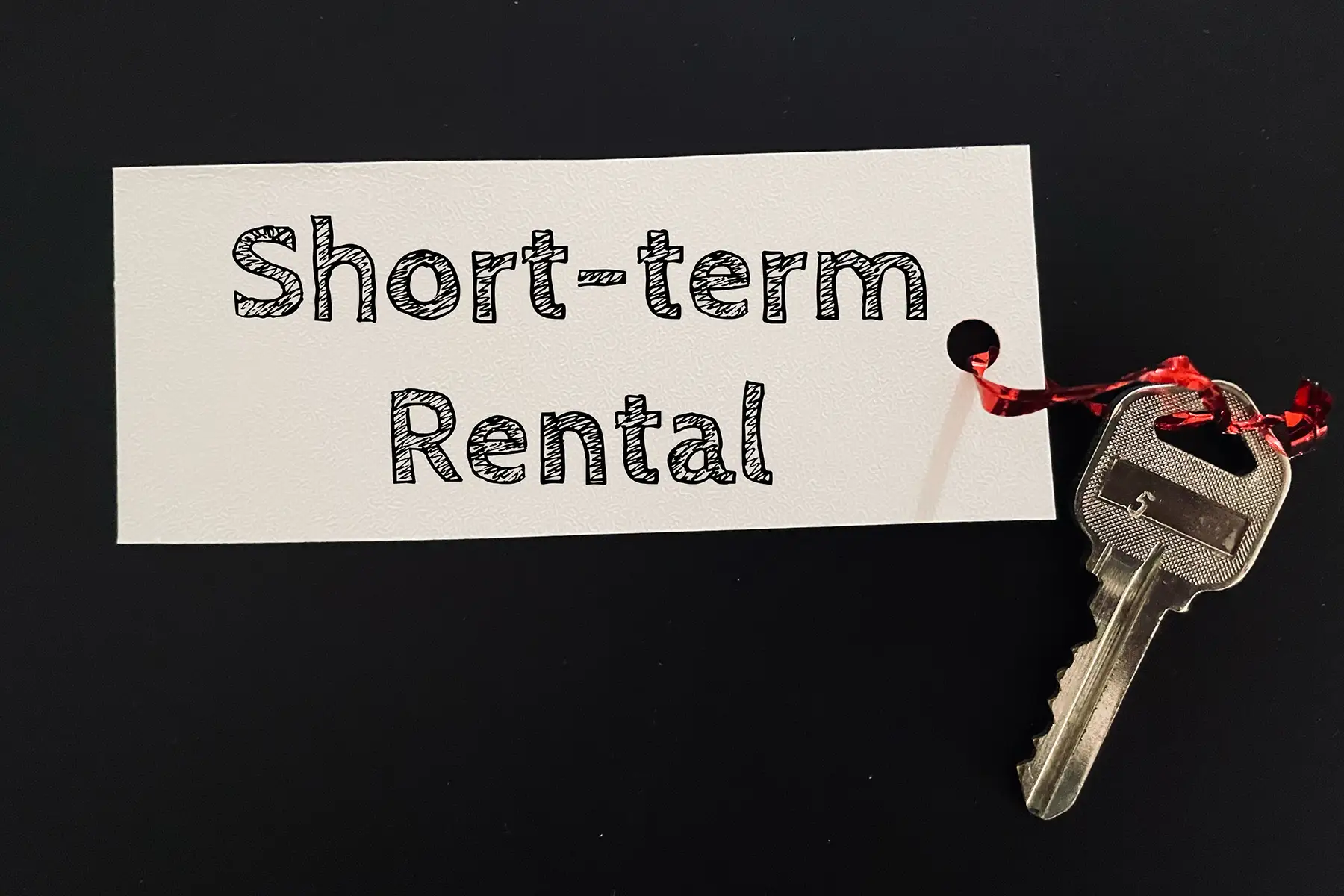Summer is upon us, which means that we are entering peak season for short-term rental (STR) investors. Millions of traveling families and friends will be flocking throughout the country for summer getaways, many booked at STR properties on digital platforms like Airbnb and Vrbo. STRs are popular year-round; however, depending on a property’s location and proximity to nearby attractions. According to Consumer Affairs, guest demand for STRs in the US has increased in recent years, surpassing pre-COVID levels, and is estimated to have an annual compound growth of 11% through 2033.
You may be considering jumping in on the short-term rental game or capitalizing on missed opportunities. If so, you should know the basics of the short-term rental tax loophole, a strategy that can significantly reduce your taxes. Let’s talk about it.
What is the short-term rental tax loophole?
The short-term rental tax loophole is a tax strategy allowing short-term rental property investors to classify short-term rental activities as non-passive, therefore enabling them to deduct these losses against their active income, such as W-2 and business income. Note that you do not need Real Estate Professional Status (REPS) to take advantage of this loophole. This means that an investor can have a day job and still legitimately qualify and benefit from this strategy, if done correctly.
What is considered a short-term rental?
A rental property is considered a “short-term rental” for tax purposes when:
- The average period of customer use of the property is 7 days or less.
- The average period of customer use of the property is 30 days or less, and you provide significant personal services for rentals.
How do you calculate the average customer stay?
Divide the total number of days in all rental periods by the number of rentals during the tax year.
How does this loophole reduce your taxes?
A well-executed STR tax strategy has two components:
Losses Treated as Non-Passive
STRs are exempt from the passive activity loss rules typically applied to rental properties. This is because, according to the IRS, STRs do not actually fall under the category of “rental activity” (see section entitled “Rental Activities”). Rental activities are normally subject to passive activity loss rules which dictate that passive losses can only be used to offset passive income, and cannot be used to reduce an individual’s active income for tax purposes. However, since STRs are not considered “rental activities” for tax purposes, they are not classified as passive.
This means that owners of STRs, if they meet certain material participation criteria below and other rules, can use STR losses to reduce their overall taxable income without the same limitations as typical rentals.
Accelerated Depreciation & Cost Segregation
Having RBT CPAs conduct a cost segregation study on your property can yield significant benefits by reclassifying certain building components that can either be deducted immediately via accelerated depreciation, such as bonus or Section 179, or over a shorter time frame of 5 or 15 years as compared to ratably over a much longer 39-year period. strategy. If you bought your property in a previous year, it’s not too late to take advantage of this method.
What is material participation?
Material participation requires active involvement in the operation of the STR. To qualify for the STR tax loophole, you must satisfy at least one of the material participation criteria outlined by the IRS. You will need to prove your participation using documentation such as time reports, logs, appointment books, calendars, or narrative summaries. Some examples of material participation include performing maintenance work on the rental property, managing bookings, and communicating with guests.
Have questions?
Need help navigating the short-term rental tax loophole? RBT CPAs has you covered. Our real estate industry accounting experts can help you determine how you qualify for this loophole, key considerations to get and stay qualified, and work with you to formulate a highly effective tax strategy that works for you. Give us a call today to learn more and to find out how we can be Remarkably Better Together.






